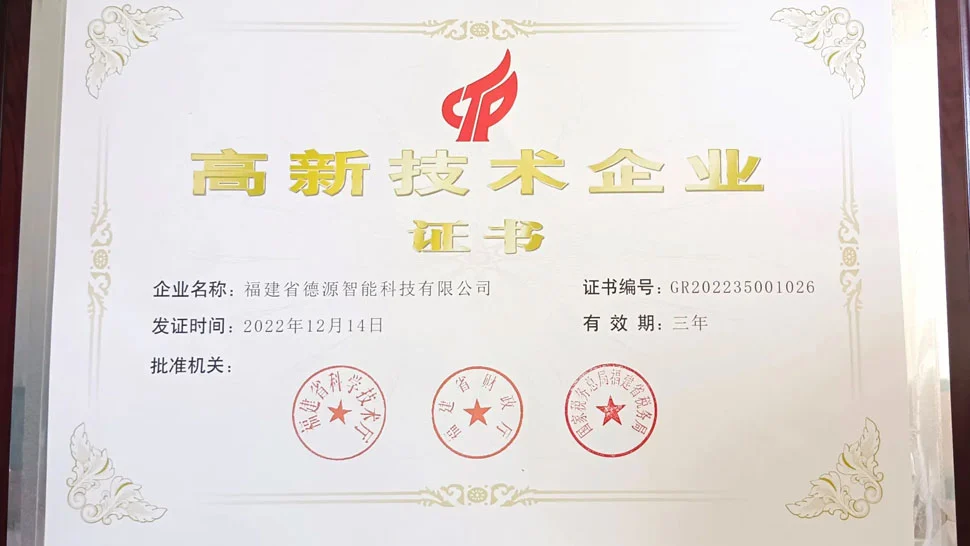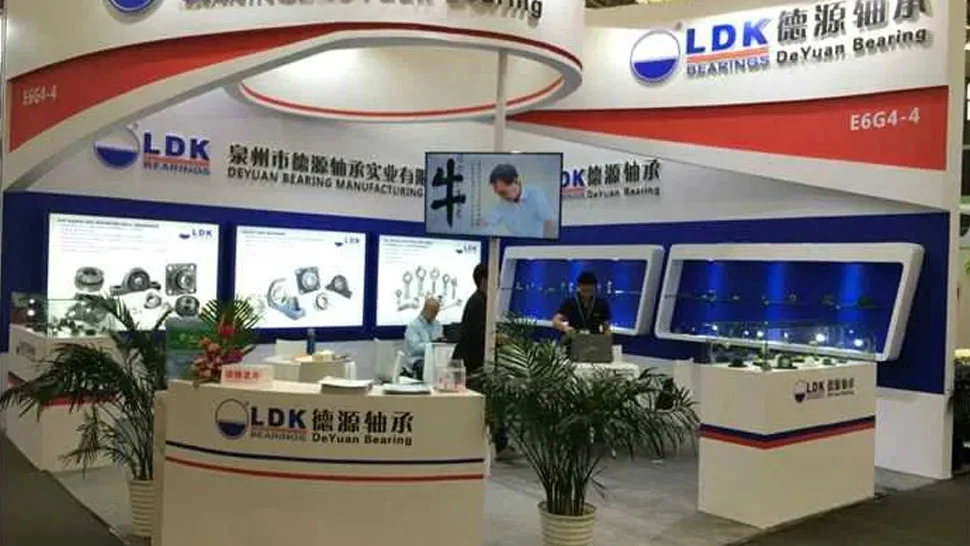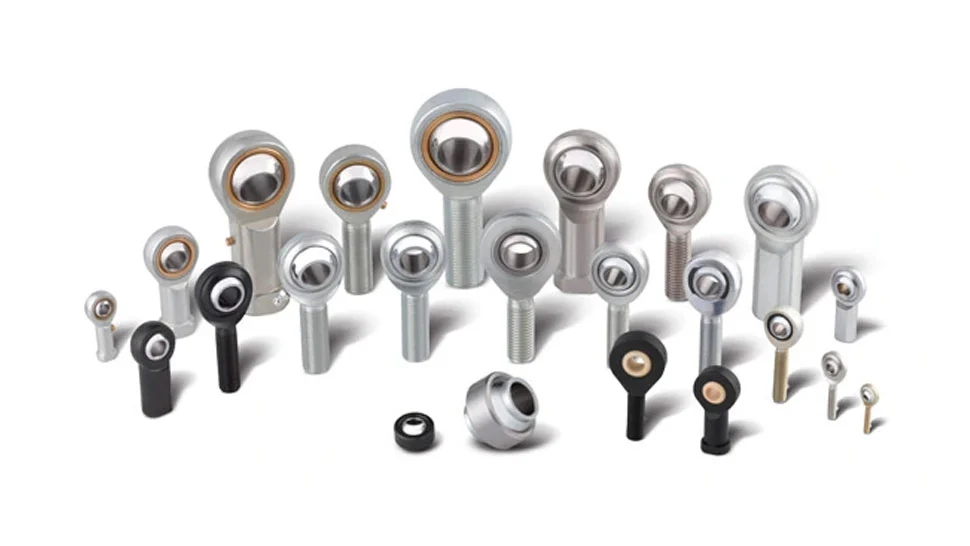In modern industrial production, the stability, reliability, and low maintenance of equipment are key factors for ensuring production efficiency and product quality. This is especially true in environments with high temperatures, high humidity, or hard-to-reach areas. Traditional lubrication methods (such as grease and liquid lubricants) often face issues like leakage, contamination, and frequent replacements. These problems increase maintenance costs and may lead to equipment failures, disrupting production continuity and safety.
With advancements in industrial technology, solid lubricant bearings (also known as solid self-lubricating bearings) have become an ideal solution to these problems.
Unlike traditional grease-lubricated bearings, solid lubricant bearings do not use liquid lubricants. Instead, they rely on solid lubrication materials that contain microscopic lubricant particles. These particles automatically release lubricant during operation, ensuring smooth performance. The key feature of these bearings is "lifetime lubrication," meaning they require little to no maintenance under normal working conditions and offer exceptional stability and durability.
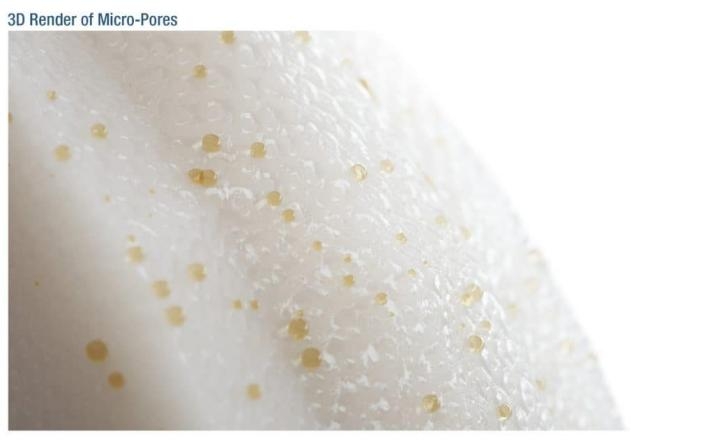
In food processing and packaging, equipment must meet strict hygiene standards. Traditional lubrication systems often leak or lose grease, which can contaminate food and create safety risks. Solid lubricant bearings prevent this by storing lubricant inside the bearing, eliminating the risk of leakage. This ensures a clean and safe production environment.
Food industry equipment typically runs continuously for long periods. Any equipment failure can halt production. Traditional lubricants wear out over time or degrade under high temperatures and loads, leading to bearing damage. Solid lubricant bearings maintain consistent lubrication, reducing friction and wear, which significantly extends equipment lifespan. They also perform well in high-temperature and high-humidity environments.
Traditional lubrication systems require regular checks, oil changes, and cleaning, which increases labor costs and downtime. Solid lubricant bearings need little maintenance, as their internal lubrication materials continue to function effectively over time. This reduces dependence on external lubrication systems and greatly lowers maintenance costs.
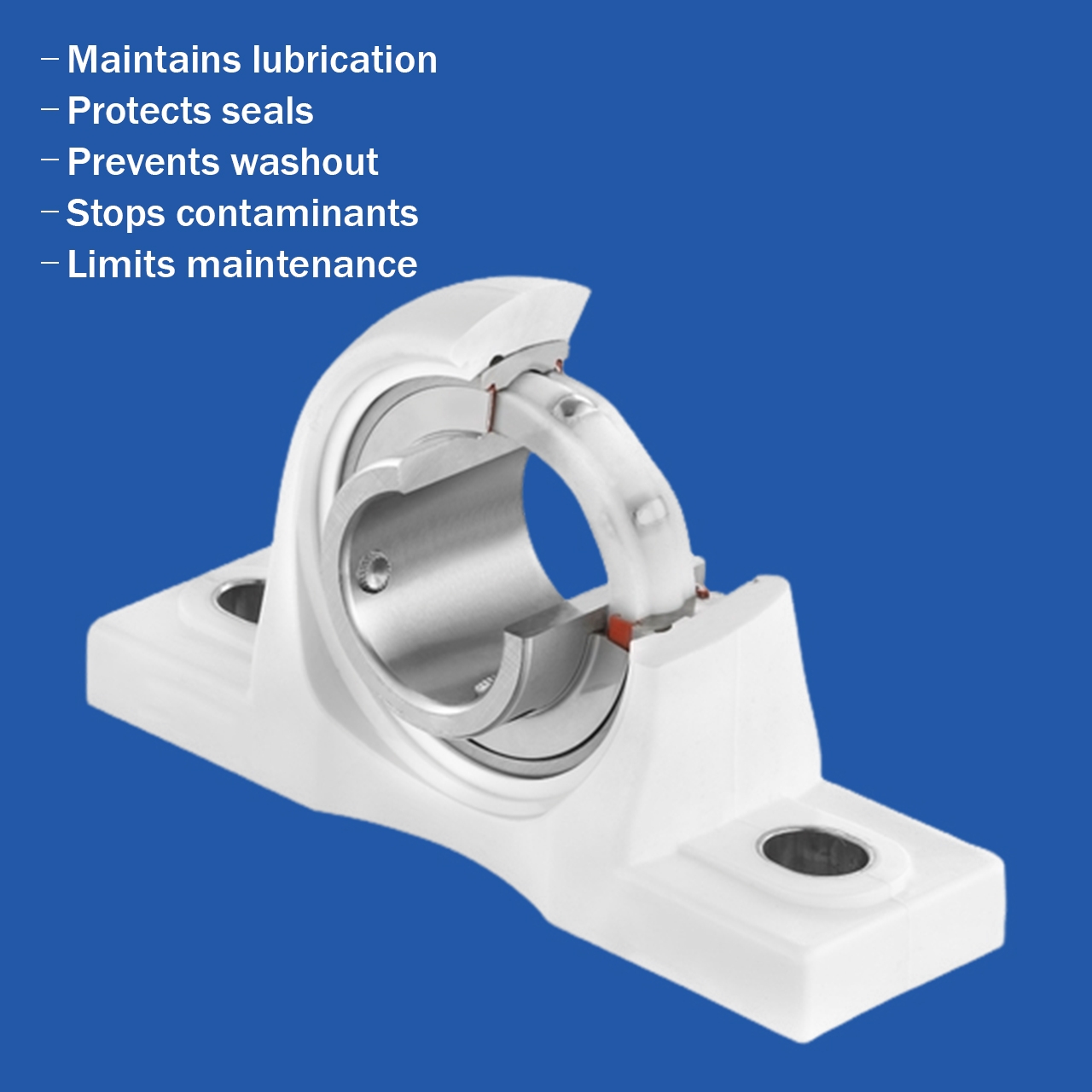
By reducing the need for lubrication system maintenance and minimizing bearing failures, solid lubricant bearings enhance the stability and efficiency of production lines. This is especially valuable in automated systems that run 24/7, where solid lubricant bearings help avoid frequent downtime and lubricant changes.
Solid lubricant bearings are particularly well-suited for environments that require high hygiene and stability, such as:
High Humidity Environments: Many food processing tasks, like beverage production and frozen food manufacturing, involve high moisture levels. Traditional lubricants can be washed away or absorbed by moisture, losing their effectiveness. Solid lubricant bearings resist moisture and maintain stable lubrication.
High-Temperature Environments: In processes like baking or frying, traditional lubricants can melt or degrade under high heat. Solid lubricant bearings can operate in these extreme temperatures, ensuring smooth operation of the equipment.
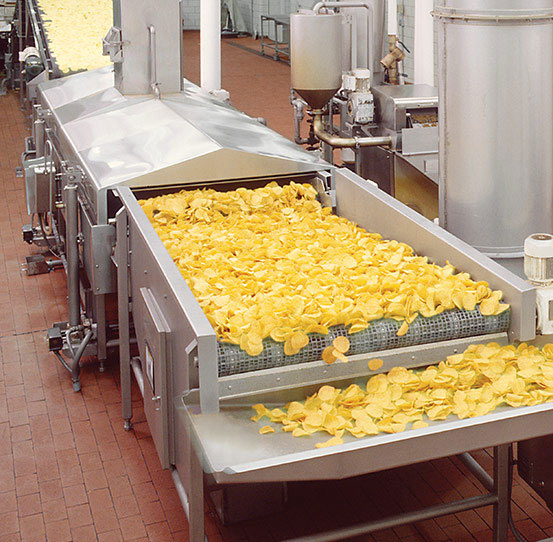
Automated Production Lines: Automated equipment often requires continuous operation. Traditional lubrication systems may struggle to meet the long-term lubrication needs of such systems. Solid lubricant bearings provide reliable lubrication in these high-demand environments, reducing the likelihood of failures.
Beyond the food industry, solid lubricant bearings are increasingly used across various industrial sectors, particularly in challenging environments that are difficult to access or maintain. These bearings are essential in industries such as:
Metallurgy: Equipment in smelting and casting processes is exposed to high temperatures and corrosive environments, where traditional lubricants fail to provide adequate protection. Solid lubricant bearings offer lasting lubrication in these harsh conditions.
Glass Manufacturing: In high-temperature environments like glass furnaces, bearings face extreme heat and pressure. Solid lubricant bearings can withstand these conditions, reducing downtime and boosting productivity.
High-Risk Industries: In sectors like chemicals, mining, and oil extraction, equipment is often in harsh environments. Solid lubricant bearings help minimize failures caused by lubrication issues, reducing maintenance costs and ensuring long-term stable operation.
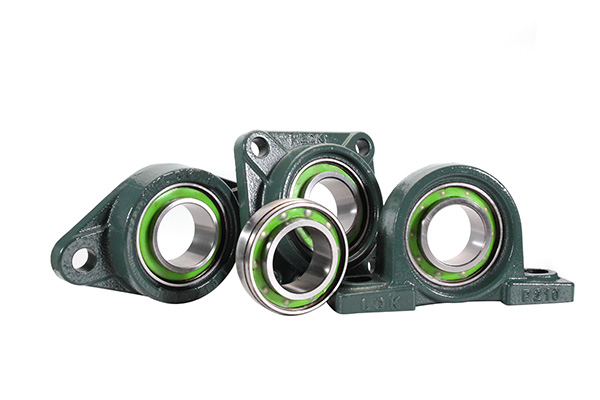
Solid lubricant bearings offer a promising new lubrication technology with significant potential across multiple industries. They prevent leakage, extend equipment lifespan, reduce maintenance costs, and improve production efficiency. In environments with extreme temperatures, humidity, automation, or high risk, solid lubricant bearings provide a reliable alternative to traditional lubrication systems.
As industries continue to focus on equipment stability and cost control, solid lubricant bearings are poised to play an even more important role in future production processes.
Is reducing bearing failures beneficial for your application? Visit the LDK website to learn more.
